This is the first of a series of seven volumes of the research articles and general surveys of Prof. Lokesh Chandra. Collected from several obscure and inaccessible publications, it is a collection of writings that emerge from a broad spectrum of quests in Sanskrit and Iranian, Greek and Latin, Celtic and Slavic, Sino-Japanese and Tibetan, Thai and Indonesian history, art and linguistics, Tantras and Buddhism. The volume opens with a study of stupa, mandala, ideographic configuration and encoding of time in monuments. The vantage view of a classicist can be seen in the author’s analysis of creativity and environment. The presentations on a shared earth, technology and cultural identity, and emerging paradigms seek new realities of human striving. In ‘Calligraphy : thirst for the yonder form’ the author surveys calligraphy in historic and creative contexts. From calligraphy, the volume moves on to translation as a crucial factor in the evolution of the Chinese, Tibetan, Mongolian, Manchu, Indonesian, Greek, Latin, German, Slavonic and English literary traditions. India and world literature, Dance : the divine art, India’s thought and human destiny represent the creative continuity of India’s culture. The sculptures of Ellora are identified anew, besides the general role of the caves as a syllogism of the soul. The author points out that the earliest Sanskrit manuscripts come from Turfan in Central Asia and from Nara in Japan. ‘Buddhism as a pan-human syndrome’ is an evaluative survey of developments within Buddhism and of its spread in several lands because of historical vacua and creative contexts. ‘Kanchi and the cultural efflorescence of Asia’ highlights the role of this great city in the development of international relations. A comp-prehensive bird’s eye-view of the Mahabharata in the literatures as well as visual and performing arts of Cambodia, Japan, China, Mongolia, Thailand and Indonesia. He presents an overview of the linguistic, mythological, political and economic relations of India and Greece in "The cultural symphony of India and Greece’. In an overarching study of Sanskrit and Bulgarian, Prof. Chandra projects a new model for the original language and homeland of the Aryans/Indo-Euro-peans. The cultural encounter of Buddhism and Japan is covered in six articles. The book ends with ‘Surya in East Asia’. It is a collection of 51 articles of Prof. Lokesh Chandra and is of interest to students of culture in general, Bud-dhologists, historians, linguists, Indo-Europeanists, Indologists, Japanologists, and scholars in allied fields.
Cultural Horizons of India (Volume 1)
In stock
Free & Quick Delivery Worldwide
reviews
Bibliographic information
Title
Cultural Horizons of India (Volume 1)
Author
Edition
1st ed.
Publisher
ISBN
8185179522
Length
341p., Figures; Plates; Index.
Subjects

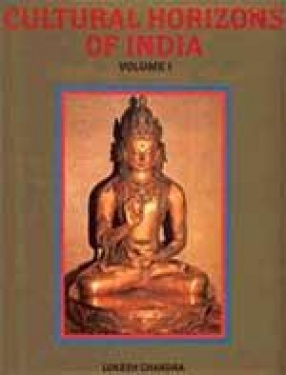
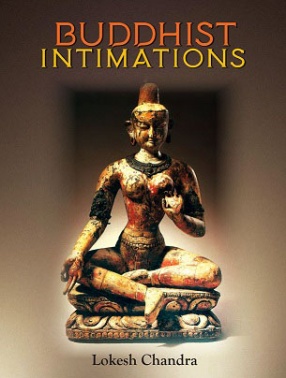
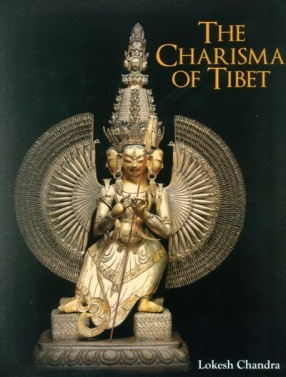
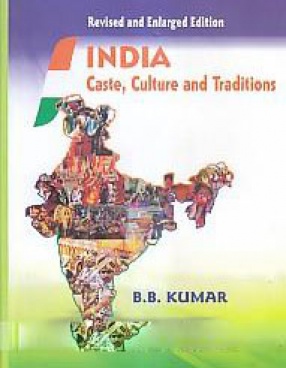
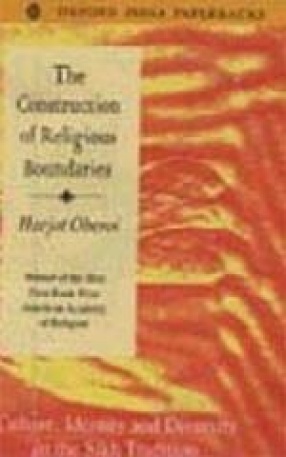
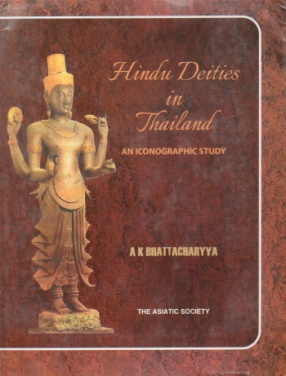
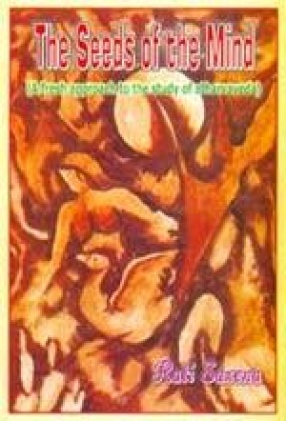
There are no reviews yet.